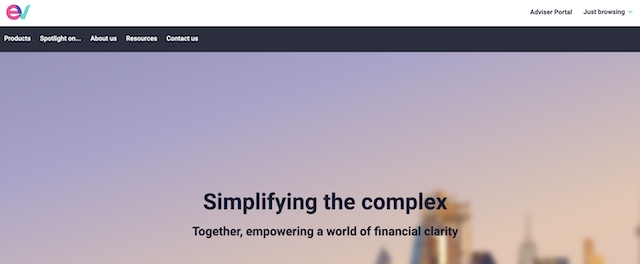
Drawdown clients at risk, warns EV

Drawdown clients are being exposed to high-risk investments without their knowledge leaving advice firms on a “ticking time bomb” of potential complaints, according to Financial Planning fintech EV Financial Solutions.
The firm rated 170,000 funds for income risk and put 76% of the funds used for drawdown clients at the high end of the risk spectrum.
Its research found that that just a quarter of multi-asset funds have a low to medium income risk rating but more than half of all the funds have ‘retirement’ in their name.
It claimed that the imbalance forces investors into funds which don’t match their risk tolerance.
The analysis contrasts with data from EV’s income risk questionnaire, launched in 2018, which showed that more than 85% of retirees have a low to medium appetite for risk to their income.
It said the study suggests that investors in decumulation are unwittingly being exposed to higher-risk investments beyond their comfort zone.
The findings follow the FCA’s recent thematic review of retirement income advice published in March, which highlighted serious deficiencies around aligning investment solutions to the client’s risk profile and tolerance level.
The regulator’s review of advice models and advice files found that for all the 24 advice firms sampled “the risk profiling approach showed no clear distinction between accumulation or decumulation”, even though the risks consumers face during these stages are fundamentally different. The FCA report also revealed that only 30% of advice firms’ investment portfolios were constructed specifically to meet the needs of customers in decumulation.
Bruce Moss, EV’s founder, said: “These findings are extremely concerning, providing strong evidence that significant numbers of clients using drawdown have been put into investment solutions which don’t match their risk tolerance.
“Given the criticality of retirees’ income plans to their future wellbeing, and that an investment loss for most would be very difficult to recover from, this points to a potentially enormous problem for advice firms. Clients are unknowingly being exposed to more risk than they would feel comfortable with. Unless urgent action is taken, this will come back to bite advice firms.”
